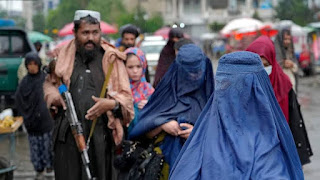Black sea: the test of international norms during the war in Ukraine

Anarchy in popular culture stands and means lawlessness, complete chaos and violence, But in International relations, it simply stands for the absence of higher authority. When we say the international realm is anarchic, we mean there is no one above states that can exercise power, at least on paper there is no hierarchy between states and all states are independent and sovereign bodies. if a conflict arises between state A and state B, where state A attacks state B, state B has to defend itself or ask other states for help, but there is no higher authority to resolve the conflict or tell state A what to do. Theories such as liberalism and realism say that the international system is naturally anarchic and suggest how a state should or might act in this anarchic world, while constructivists say the reality is constructed and anarchy does not determine conflictual or cooperative behaviour and “anarchy is what states make of it”. Realists claim that the international system is anarchi...


